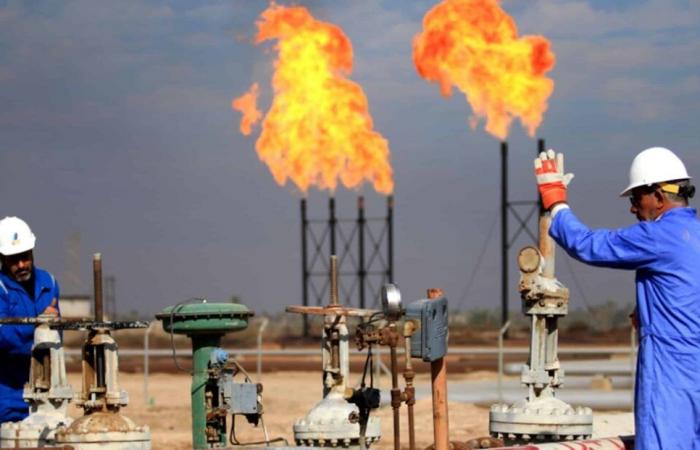The energy crisis that has shaken Europe since the start of the Russian-Ukrainian conflict has pushed European countries to diversify their sources of natural gas supply. Algeria, rich in resources and benefiting from strategic geographic proximity, is asserting itself as a key player in this redefinition of the continent’s energy policies.
For decades, Europe has relied heavily on Russian supplies to meet its benergy needs. However, geopolitical tensions and the closure, at the beginning of 2025, of the gas pipeline crossing Ukraine have upset this balance. Europe must now make up for a deficit of several billion cubic meters of gas.
In this context, Algeria quickly established itself as a credible alternative. Thanks to its vast natural gas reserves and reliable transport infrastructure, notably the Transmed and Medgaz gas pipelines, the country has significantly strengthened its deliveries to Europe.
Economy
The Japanese want to invest in these sectors in Algeria
A strategic partner for Italy
Among European countries, Italy stands out for its heavy dependence on Algerian imports. In 2023, Algeria supplied more than a third of Italy’s gas needs, with a total volume of 22.4 billion cubic meters. This partnership is mainly based on the Transmed gas pipeline, which directly connects the two countries.
The Italian strategy also relies on short-term contracts for the purchase of liquefied natural gas (LNG). This flexibility makes it possible to respond quickly to market fluctuations while diversifying sources of supply. In addition to Italy, Algeria is a key supplier of Spain and France.
A rise in Algerian exports
Algeria capitalized on the crisis to increase its market share in Europe. In 2023, its total natural gas exports reached 52 billion cubic meters, of which 18 billion in the form of LNG. This increase in production, supported by significant investments, has enabled Algeria to become the leading African exporter of LNG.
Volumes transported to Europe via gas pipelines have also increased. Between January and May 2024, Algerian exports by this means increased by 19%, reaching 30 billion cubic meters. These figures demonstrate Algeria’s capacity to meet the growing needs of the European continent.
Economy
New sharp rise in the euro against the Algerian dinar on the black market
Diversification of European markets
The expansion of Algerian markets is not limited to Italy. In October 2024, Sonatrach, the Algerian national company, delivered gas to the Czech Republic for the first time via the gas pipeline linking Algeria to Italy. This agreement, the result of two years of negotiations, marks a new stage in Algeria’s expansion into Eastern European markets.
In Slovenia, an agreement signed in 2024 also provides for an increase in deliveries of Algerian gas. These diversified partnerships strengthen Algeria’s position as a reliable and strategic supplier for Europe.
Challenges and differences
If Algeria is perceived as a solid partner, certain divergences remain. The European Union recently proposed capping gas prices to prevent costs from soaring. A measure rejected by Algeria, which defends market freedom. Mohamed Arkab, Algerian Minister of Energy, stressed that this policy could deter necessary investments in the energy sector.
At the same time, Algeria must face competition from other major exporters, such as the United States and Qatar. These players, equipped with advanced regasification infrastructures, are also seeking to capture a share of the European market.
Economy
Oil hits highest level since October
A promising future for Algerian gas
Despite these challenges, Algeria is planning with ambition. The investment strategy of Sonatrach forecasts an increase in annual gas production to 200 billion cubic meters by 2030. This expansion will not only consolidate current market shares, but also meet growing global demand.
According to the “Global Gas Outlook 2050” report, presented in 2024, the share of natural gas in the global energy mix will increase from 23% to 26% by 2050. Europe, in the midst of an energy transition, will continue to depend on partners reliable like Algeria to secure its needs.
For Europe, Algeria represents an effective solution to an unprecedented energy crisis. For Algeria, European demand represents an opportunity to strengthen its role on the international scene while stimulating its national economy. In a rapidly changing energy world, this strategic partnership has every chance of prospering.






